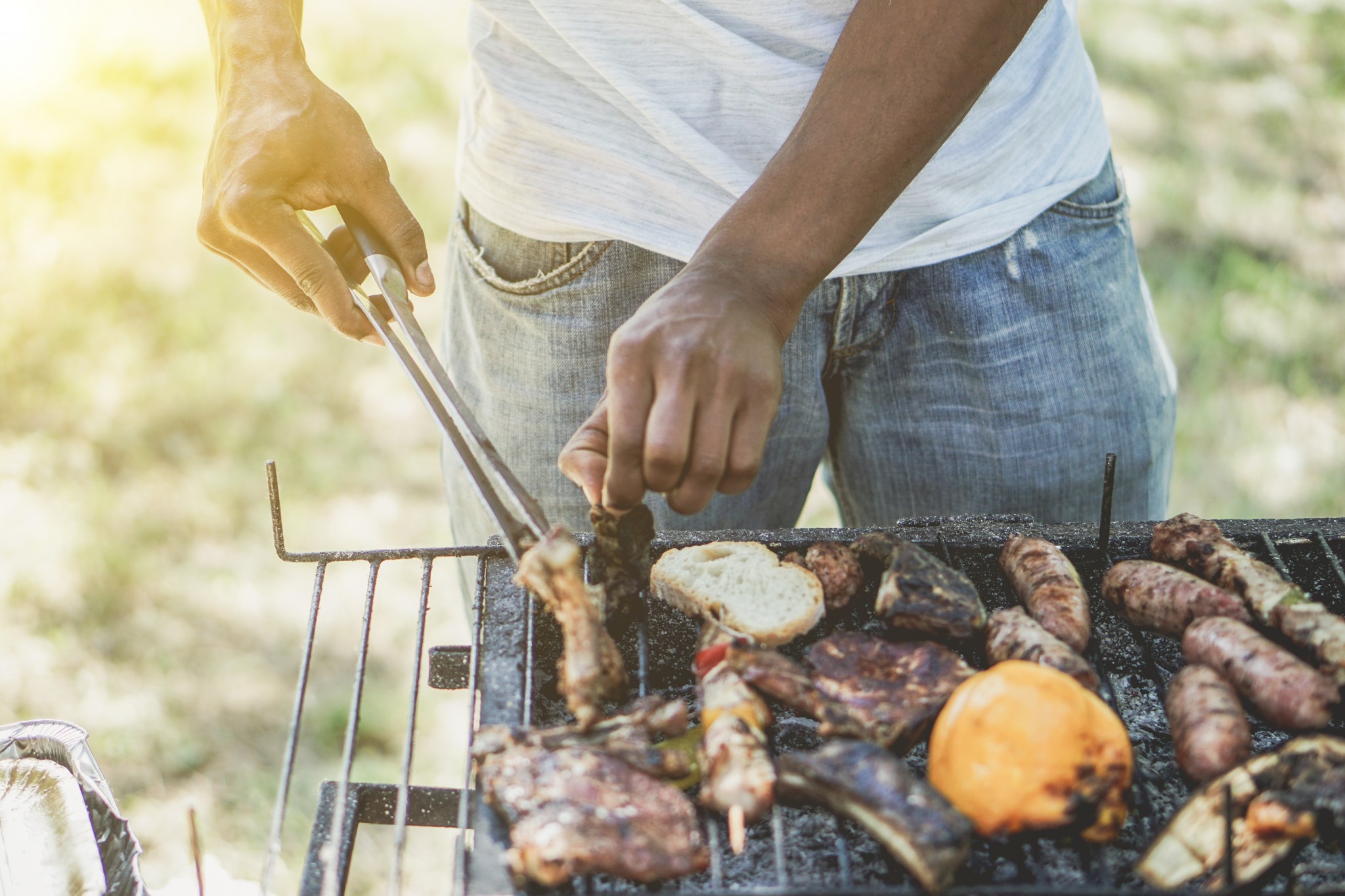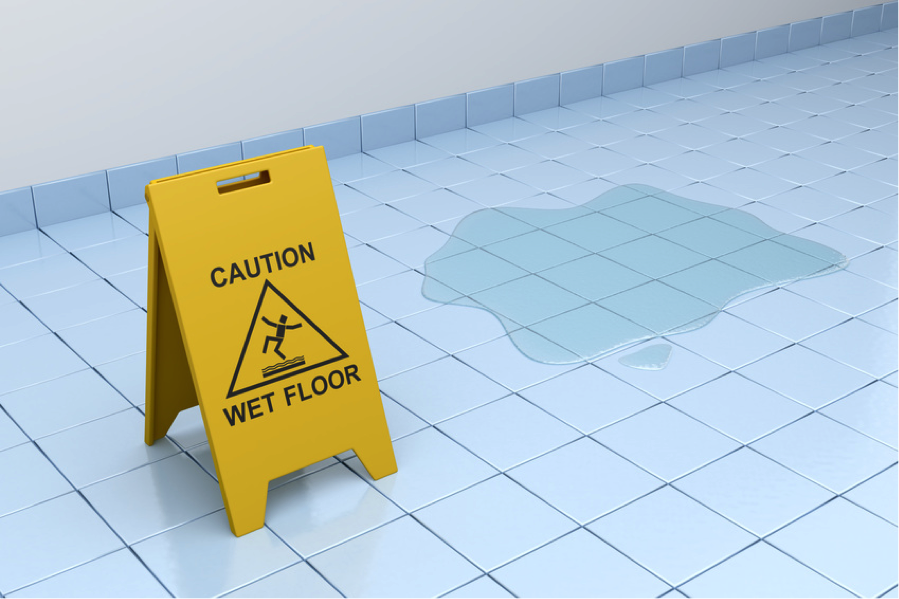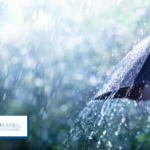Everyone knows that dealing with the big insurance companies can give you a headache and have you running around in circles with no answers. Policies can be so complex that sadly, insurance companies have often used their inside knowledge to take advantage of insureds through policy loopholes. This can leave insureds at a standstill in regards to their insurance claims and even result in a claim being denied.
Insurance is one of those things that you love to hate but have it anyways. It gives you and your family the protection they will need if something should happen to them or yourself. However, even if you are paying your bill on time each month and never miss a payment, insurance companies will look to find the cheapest way to pay out your claim to save money for themselves, if they pay out at all. This can be the last thing you want to deal with when you’re faced with a loss.
Here are four steps to consider when resolving a dispute with an insurance company.
Gather information
- Insurance policies aren’t always easily understood by the average person. Ask your agent, broker or insurance representative for clarification about your concern/issue. The rights and responsibilities of all parties are written within the policy (aka contract), however miscommunications can occur.
- If you have general questions you can contact the IBC Consumer Information Centre (CIC). They can assist with basic questions about policy wording, coverage or how to proceed with a complaint
Get in touch with the insurance companies Complaint Liaison Officer or Ombudsperson
- Licensed insurers have a complaint resolution process, and someone assigned to enforce this process. This role is regulated by the provincial regulator.
- If you plan on making a complaint through this channel, be sure to state your complaint clearly, including the expected resolution. Be sure to have all your documentation readily available and take note of all persons you spoke with regarding the complaint as well as what was spoken about. Finally, give the Complaint Liaison Officer or Ombudsperson sufficient time to investigate & respond to your complaint.
Reach out to the GIO (General Insurance OmbudsService)
- If you’ve gone through your insurers complaint processes and aren’t satisfied you can request a Final Position Letter and contact the GIO. The GIO is an impartial consumer dispute resolution system. It is in place to help you and the insurer resolve disputes about claim-related matters.
Take it to the Federal or Provincial level
- If your dispute cannot be solved by the GIO, or if the insurance company isn’t a member of the GIO, you can take it a step further by contacting a Financial Consumer Agency of Canada.
Dye & Russell should be your first call if you’re having issues claiming insurance compensation. We have the experience and knowledge of the industry that keep us from being pushed around by policymakers. Let us handle the big insurance companies and take the stress away from you to get you what you deserve.
If you’ve experienced a claim denial or want to dispute a claim, and need legal assistance, call #1000 on your cell phone for free. We will offer you a free claim assessment.










